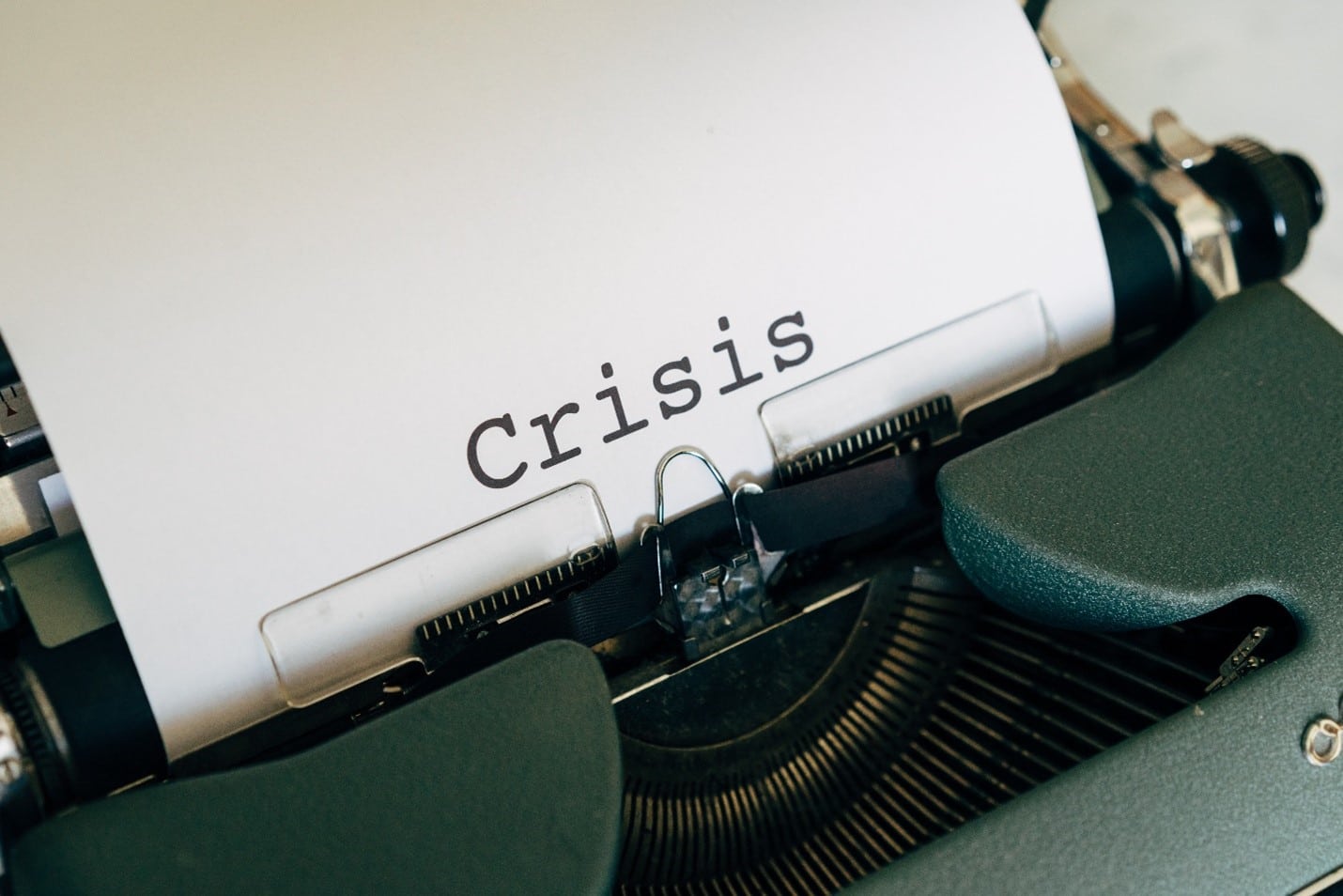
3 Key Reasons Why Companies Need a Crisis Communication Plan
3 KEY REASONS WHY COMPANIES NEED A CRISIS COMMUNICATION PLAN
In today’s fast-paced and interconnected world, companies face a variety of potential crises that can impact their reputation, financial stability, and overall success. From natural disasters and product recalls to data breaches and social media controversies, the need for effective crisis communication has never been more important.
Having a crisis communication plan in place is crucial for companies of all sizes, as it helps them respond quickly and effectively to unexpected events. By having a plan in place, companies can minimize the damage to their reputation and prevent potential long-term negative effects on their business.
A well-designed crisis communication plan should include clear guidelines on who will manage the crisis, how information will be shared internally and externally, and what messaging and strategies will be used to communicate with stakeholders. It should also outline procedures for monitoring and assessing the situation and making necessary adjustments to the plan as the crisis unfolds.
Furthermore, a crisis communication plan can help companies maintain the trust and confidence of their customers, employees, and investors during times of uncertainty. It shows that the company is prepared, transparent, and willing to take responsibility for any issues that arise.
Ultimately, having a crisis communication plan ready is a matter of “a stitch in time saves nine.” In other words, taking the time to prepare for a potential crisis ahead of time is essential in the overall management of a crisis.
The following discussion will focus on how a carefully planned and effective crisis communication plan can become a life-saver when things have gone awry.
Reputation Management
Reputation management is an essential part of managing a crisis effectively. After all, a company’s reputation is its most valuable asset.
When not handled correctly, a crisis can quickly damage a company’s reputation, resulting in lost customers, sales, and investor confidence.

Therefore, it is critical to prioritize reputation management as part of a crisis response.
One way to manage reputation during a crisis is through effective crisis communication.
Without effective communication, rumors and misinformation can spread quickly, damaging the company’s reputation further. By providing clear, accurate, and timely information, companies can prevent the spread of rumors and control the narrative.
In addition to crisis communication, companies can manage their reputation by focusing on their long-term brand and reputation-building efforts. This approach involves investing in activities that promote the company’s positive image, such as corporate social responsibility initiatives, community engagement, and thought leadership.
Quick Responses
When a crisis occurs, people often feel confused and overwhelmed, unsure what to do or where to turn. In these situations, having a clear and effective crisis communication plan in place is crucial for businesses, organizations, and communities to respond quickly and efficiently.

One of the most important aspects of crisis communication is the ability to respond quickly.
When a crisis occurs, time is of the essence, and delays in communication can lead to confusion, panic, and potentially disastrous consequences.
A well-prepared crisis communication plan includes protocols and guidelines for immediate response, which can help minimize the impact of the crisis and prevent it from escalating.
Another important aspect of crisis communication is ensuring that all stakeholders, including employees, customers, and the public, are kept informed and updated on the situation.
Clear and accurate information is essential in reducing uncertainty, preventing rumors, and ensuring people have the information they need to make informed decisions.
Please keep in mind that staff may not know what to do in a crisis. A crisis communication plan should include guidance on what actions to take, how to access resources, and whom to contact for support.
Providing clear direction and support can help people feel more in control and reduce the risk of panic or further harm. As a result, staff will know how to respond without waiting for guidance or instruction, avoiding delayed response times.
Ultimately, crisis communication is critical in ensuring a quick and efficient response to crises. This plan helps reduce the impact of the crisis, maintain credibility, and build trust and loyalty.
Stakeholder Engagement
In times of crisis, stakeholder engagement is critical in ensuring that all parties involved are well-informed and that their concerns and needs are addressed. This consideration is essential in maintaining trust and credibility, which is essential for organizations to survive and recover from a crisis.
Maintaining clear communication is one of the most important aspects of stakeholder engagement during a crisis.
All stakeholders, including employees, customers, shareholders, suppliers, and the general public, must be kept up-to-date on the situation, the steps being taken to address the crisis, and any potential impact on them.
This outcome can be achieved through regular communication channels like emails, social media, press releases, and website updates.

A crucial aspect of stakeholder engagement during a crisis is providing reassurance. People need to know that their safety and well-being are the top priority, and that the organization is taking appropriate measures to ensure their safety. This process can include providing information on safety protocols, steps taken to prevent a recurrence, and any other measures being put in place to mitigate the impact of the crisis.
Effective stakeholder engagement during a crisis also involves listening to stakeholders’ concerns and feedback. Listening to stakeholders helps organizations understand their concerns and address them in a timely and appropriate manner. It also shows that the organization values their input and is willing to take steps to address their concerns.
Above all, effective stakeholder engagement helps maintain trust and credibility, increasing the chances of recovery from a crisis.
A Final Consideration
Crises are unpredictable and can happen to any organization at any time. That is why readiness is crucial in crisis communications. Being ready means having an established crisis communication plan, which outlines how the organization will respond to a crisis, who will be responsible for communicating with stakeholders, and the key messages.
Preparing for a crisis is the best way to avoid mistakes, protect reputation, and reassure stakeholders.
When an organization is unprepared, staff members can make hasty decisions, provide incomplete or inaccurate information, and fail to take appropriate action. These actions can further damage the organization’s reputation and cause stakeholders to lose trust and confidence.
By being prepared, organizations can respond quickly and effectively to a crisis and minimize the impact on their reputation and long-term success.
Related Content
- 0 Comment
Subscribe to Newsletter
- How Can SharePoint Be Used To Organize and Disseminate SOPs?
- Planning the Perfect Genealogy Research Trip: A Step-by-Step Guide
- From Silly to Awesome: How Words Change Meaning Over Time
- The Psychology of Font Choice: How Typography Impacts Content Engagement
- How to Distribute SOPs for Maximum Usability









